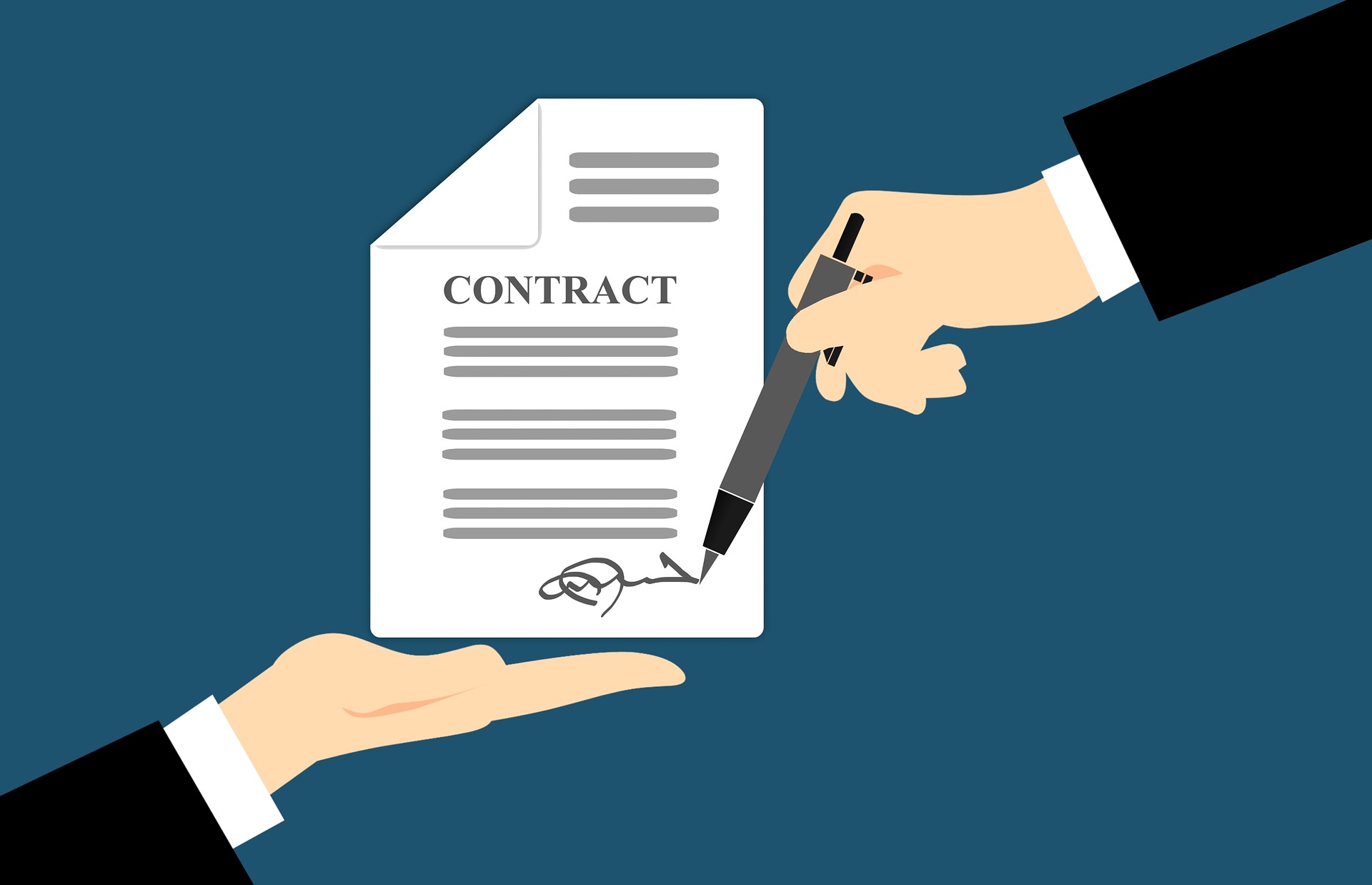
Vinaya Ganesan, general counsel for Europe at First Source Solutions, has closed more than a billion dollars’ worth of deals over her career. She carries a reputation for doing more for less, but not in the way many lawyers might first assume. The “less” is about managing resources wisely. The “more” is about adding real value.
“Increasing value without compromising on quality is the point,” Ganesan says. “You are actively looking for the pain points for the business and solving them.” It is a philosophy that translates directly into contract management and the role of in-house legal teams in driving business outcomes.

Transform Legal Reasoning Into Business-Ready Results With General AI
Protégé™ General AI is fundamentally changing how legal professionals use AI in their everyday practice.
Streamlining Without Sacrificing Protection
Many in-house teams operate under constant pressure to move contracts faster. The risk is that speed becomes the sole metric. Ganesan’s approach suggests a better way, one that focuses on streamlining the contracting process without diluting the safeguards that protect the company.
In practice, that means finding and addressing process inefficiencies rather than simply cutting corners. If low-risk clauses consistently cause negotiation delays, then standardizing or preapproving those terms can free up time for the team to focus on higher-impact issues. This is where contract data comes into play. Without visibility into where deals stall, legal teams are left relying on anecdote instead of evidence.

How Filevine’s New DraftAI Cuts Out Hours Of Writing Work
Now it transforms your document creation with natural language prompts.
Using Contract Data To Focus Negotiation Energy
Ganesan makes a point of tracking where delays occur in the contracting process and sharing that data with the business. “It busts the myth that legal is the bottleneck,” she explains. By showing turnaround times and pinpointing where deals actually slow down, legal can shift the conversation from blame to solutions.
For teams that want to move beyond firefighting, this is a critical step. Contract data can identify the clauses that are negotiated most often and quantify the cost of that friction. Once you know the hotspots, you can direct negotiation resources where they matter most, and you can automate or template the rest.
Embedding The ‘More For Less’ Mindset Across The Team
In Ganesan’s view, this philosophy should not be reserved for senior counsel. She actively empowers paralegals and junior team members to think about value creation. “No problem is too small,” she says. That includes seemingly routine agreements like NDAs. If the first touchpoint a business partner has with legal is a smooth NDA process, it shapes their perception of the department as responsive and aligned with business needs.
This mindset, applied to contracts, means every person who touches the process is encouraged to spot opportunities for simplification, clarity, and speed, and is backed by leadership when they make those improvements.
Turning Insight Into Influence
Tracking contract KPIs is one thing. Marketing those results internally is another. Ganesan deliberately shares metrics and wins with executives, using the company’s own marketing team to celebrate major process improvements. For legal teams seeking to be seen as strategic partners, this is an underused tactic. It reinforces that legal is not just a gatekeeper but a driver of business performance.
In the end, Ganesan’s “more for less” philosophy is not about doing legal work faster or cheaper for its own sake. It is about using data and strategic thinking to remove friction where possible, focus effort where it matters, and build credibility as a team that accelerates rather than impedes the business. In contracting, that is the kind of value that lasts.
Olga V. Mack is the CEO of TermScout, an AI-powered contract certification platform that accelerates revenue and eliminates friction by certifying contracts as fair, balanced, and market-ready. A serial CEO and legal tech executive, she previously led a company through a successful acquisition by LexisNexis. Olga is also a Fellow at CodeX, The Stanford Center for Legal Informatics, and the Generative AI Editor at law.MIT. She is a visionary executive reshaping how we law—how legal systems are built, experienced, and trusted. Olga teaches at Berkeley Law, lectures widely, and advises companies of all sizes, as well as boards and institutions. An award-winning general counsel turned builder, she also leads early-stage ventures including Virtual Gabby (Better Parenting Plan), Product Law Hub, ESI Flow, and Notes to My (Legal) Self, each rethinking the practice and business of law through technology, data, and human-centered design. She has authored The Rise of Product Lawyers, Legal Operations in the Age of AI and Data, Blockchain Value, and Get on Board, with Visual IQ for Lawyers (ABA) forthcoming. Olga is a 6x TEDx speaker and has been recognized as a Silicon Valley Woman of Influence and an ABA Woman in Legal Tech. Her work reimagines people’s relationship with law—making it more accessible, inclusive, data-driven, and aligned with how the world actually works. She is also the host of the Notes to My (Legal) Self podcast (streaming on Spotify, Apple Podcasts, and YouTube), and her insights regularly appear in Forbes, Bloomberg Law, Newsweek, VentureBeat, ACC Docket, and Above the Law. She earned her B.A. and J.D. from UC Berkeley. Follow her on LinkedIn and X @olgavmack.